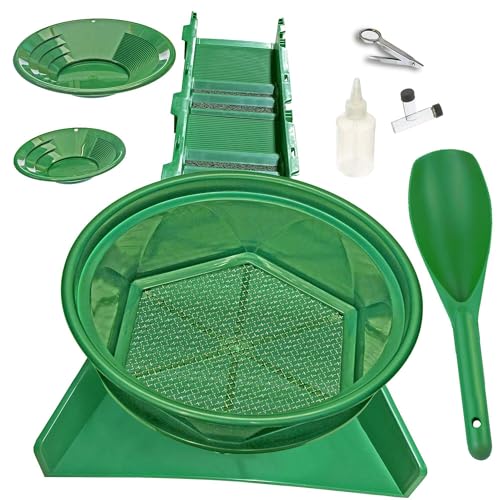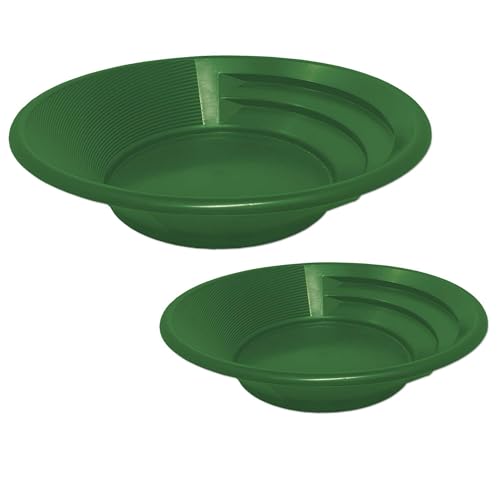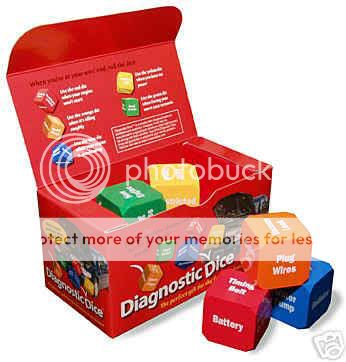G
Guest
I had this sent to me some time back now, I reckon it fits in well here. 

A Guide for all Shed Mechanics.
Drill press: A tall upright machine useful for suddenly snatching flat metal pieces out of your hands so that it smacks you in the chest and flings it across the shed, smashing into the side of your car.
Wire wheel Cleans rust off bolts and then throws them somewhere under the workbench with the speed of light. Also removes fingertips.
Electric hand drill: Normally used for spinning pop-rivets in their holes until you die from old age, or for perforating something behind and beyond the original intended target object.
Pliers: Used to round off bolt heads. Sometimes used in the creation of blood-blisters.
Hacksaw: One of a family of cutting tools built for frustration enhancement.
Vice-grips: Generally used after pliers to completely round off bolt heads.
Oxy-acetylene torch: Used mostly/entirely for setting various flammable objects in your shed on fire.
Whitworth sockets: Once used for working on older cars, they are now used mainly for impersonating that 9/16 you've been searching for the last 45 minutes.
Table saw: A large stationary power tool commonly used to launch wood projectiles.
Tweezers: A tool for removing wood splinters and wire wheel wires.
Lead light: The home mechanics own tanning booth, it is a good source of vitamin d, 'the sunshine vitamin', which is not otherwise found under cars at night. Health benefits aside, its main purpose is to consume 100 watt light globes at about the same rate as machine gun bullets. More often dark than light, its name is somewhat misleading.
Phillips screwdriver: Normally used to stab the vacuum seals under lids, open old-style paper-and-tin oil cans and splashing oil on your shirt; but can also be used, as the name implies, to strip out Philips screw heads.
Straight screwdriver: A tool for opening paint cans. Sometimes used to convert common slotted screws into non-removable screws.
Pry bar: A tool used to crumple the metal surrounding that clip or bracket you needed to remove in order to replace a 50 cent part.
Hose cutter: A tool used to make hoses too short.
Hammer: Originally employed as a weapon of war, the hammer nowadays is used as a kind of divining rod to locate the most expensive parts adjacent to the object we are trying to hit.
Mechanic's knife: Used to open and slice through the contents of cardboard cartons delivered to your front door; works particularly well on contents such as seats, vinyl records, liquids in plastic bottles, collector magazines, refund cheques, and rubber or plastic parts. Especially good for slicing work clothes, but only while in use. It is also useful for removing large chunks of human flesh from the users hands.
F-tool: Any handy tool that you grab and throw across the garage while yelling 'f... It' at the top of your lungs. It is also, most often, the next tool that you will need after a really big hammer.
One important item in the shed is the "Jesus clip". It is usually the most important part of a job being worked on and at the most inopportune time it flicks away to some unknown part of the workshop, perhaps never to be found again. The disappearance of the said item is usually accompanied by a distained cry of Oh Jesus as it disappears into the wilderness. (Apologies to the real Jesus.).
A Guide for all Shed Mechanics.
Drill press: A tall upright machine useful for suddenly snatching flat metal pieces out of your hands so that it smacks you in the chest and flings it across the shed, smashing into the side of your car.
Wire wheel Cleans rust off bolts and then throws them somewhere under the workbench with the speed of light. Also removes fingertips.
Electric hand drill: Normally used for spinning pop-rivets in their holes until you die from old age, or for perforating something behind and beyond the original intended target object.
Pliers: Used to round off bolt heads. Sometimes used in the creation of blood-blisters.
Hacksaw: One of a family of cutting tools built for frustration enhancement.
Vice-grips: Generally used after pliers to completely round off bolt heads.
Oxy-acetylene torch: Used mostly/entirely for setting various flammable objects in your shed on fire.
Whitworth sockets: Once used for working on older cars, they are now used mainly for impersonating that 9/16 you've been searching for the last 45 minutes.
Table saw: A large stationary power tool commonly used to launch wood projectiles.
Tweezers: A tool for removing wood splinters and wire wheel wires.
Lead light: The home mechanics own tanning booth, it is a good source of vitamin d, 'the sunshine vitamin', which is not otherwise found under cars at night. Health benefits aside, its main purpose is to consume 100 watt light globes at about the same rate as machine gun bullets. More often dark than light, its name is somewhat misleading.
Phillips screwdriver: Normally used to stab the vacuum seals under lids, open old-style paper-and-tin oil cans and splashing oil on your shirt; but can also be used, as the name implies, to strip out Philips screw heads.
Straight screwdriver: A tool for opening paint cans. Sometimes used to convert common slotted screws into non-removable screws.
Pry bar: A tool used to crumple the metal surrounding that clip or bracket you needed to remove in order to replace a 50 cent part.
Hose cutter: A tool used to make hoses too short.
Hammer: Originally employed as a weapon of war, the hammer nowadays is used as a kind of divining rod to locate the most expensive parts adjacent to the object we are trying to hit.
Mechanic's knife: Used to open and slice through the contents of cardboard cartons delivered to your front door; works particularly well on contents such as seats, vinyl records, liquids in plastic bottles, collector magazines, refund cheques, and rubber or plastic parts. Especially good for slicing work clothes, but only while in use. It is also useful for removing large chunks of human flesh from the users hands.
F-tool: Any handy tool that you grab and throw across the garage while yelling 'f... It' at the top of your lungs. It is also, most often, the next tool that you will need after a really big hammer.
One important item in the shed is the "Jesus clip". It is usually the most important part of a job being worked on and at the most inopportune time it flicks away to some unknown part of the workshop, perhaps never to be found again. The disappearance of the said item is usually accompanied by a distained cry of Oh Jesus as it disappears into the wilderness. (Apologies to the real Jesus.).


















































